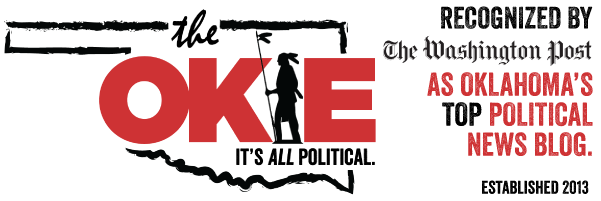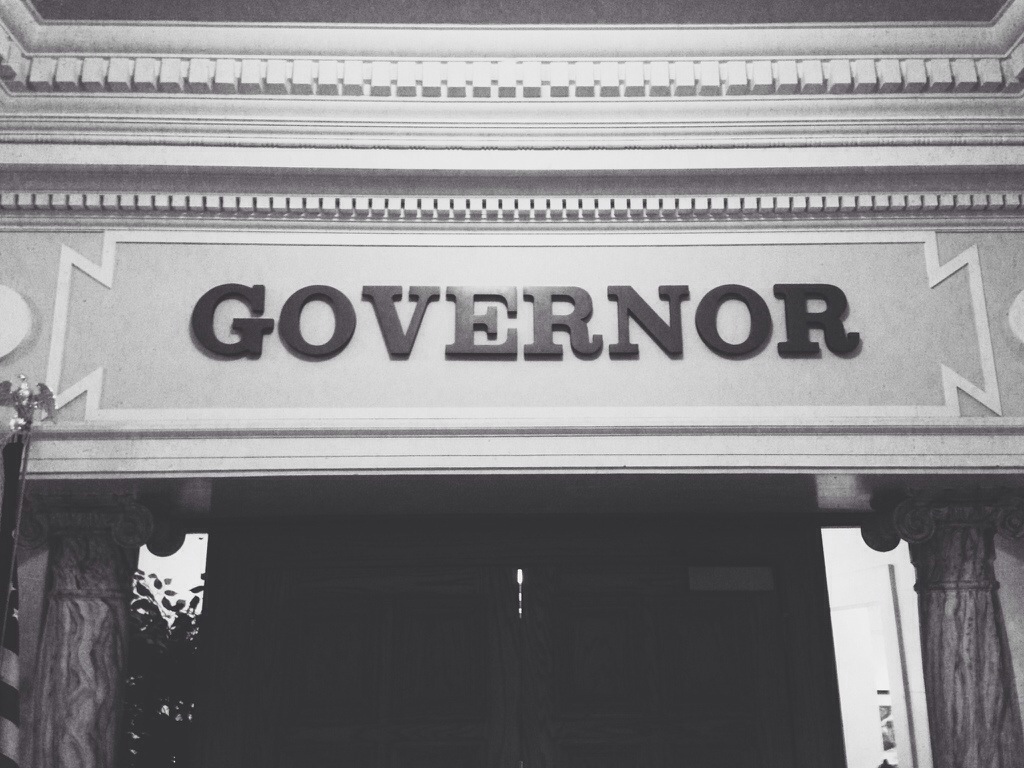OCPA Takes Cool Approach, OPI Wary But Supportive Of Fallin Tax Reform Plans
In what could be a preview of the politics of 2017, OPI and OCPA each released statements in response to Governor Fallin’s State of the State Address which seem more likely to have come from their rival think tank in years past.
Statement from Oklahoma Council of Public Affairs President Jonathan Small on the State of the State:
“Today’s executive budget pushes new tax increases on working families and entrepreneurs, which is the wrong path for our state. It’s a false choice to suggest the only way to balance the budget is to raise the cost of living and doing business in Oklahoma. There are still numerous spending reforms available to right-size government and fund core state services. The state could save hundreds of millions of dollars and prevent damaging tax increases on Oklahoma families if it was to end unnecessary wind subsidies, implement Medicaid reforms, cut administrative waste in higher education, and fully implement state and education employee health insurance reform. OCPA will work to pursue and accelerate those reforms and to stop attempts to raise taxes on Oklahomans.”
Oklahoma Policy Institute Executive Director David Blatt released the following comment in response to Governor Fallin’s State of the State address:
I applaud Governor Fallin’s call to fix Oklahoma’s structural budget deficits and reverse years of funding cuts that are damaging the health and prosperity of our entire state. The Legislature must heed the governor’s calls to reduce incarceration, fund a teacher pay raise, and restore the 5-day school week. Oklahoma knows how to address these problems, and we have no excuse not to do something this year.
Governor Fallin’s tax reform proposals, which include ending the corporate income tax and the sales tax on groceries while expanding the sales tax base in other ways, has potential to reduce revenue volatility and end one of the most regressive aspects of our tax system. However, these reforms must be carefully assessed for how they would affect families, the economy, and state revenues. Oklahoma’s budget hole grew from years of tax cuts and tax breaks passed without consideration for what they would cost. Going forward, tax reforms need to stick to a more realistic assessment of what our state needs to do its job.
A grand bargain on tax reform should also include other policies to end loopholes, improve funding for the services Oklahomans need most, and make our tax system work for regular families – policies like rolling back cuts to Oklahoma’s Earned Income Tax Credit, restoring a higher income tax rate for very high incomes, and ending the capital gains tax break. Together these reforms would stabilize revenues and provide a strong foundation for all Oklahoma families to build a prosperous future.

